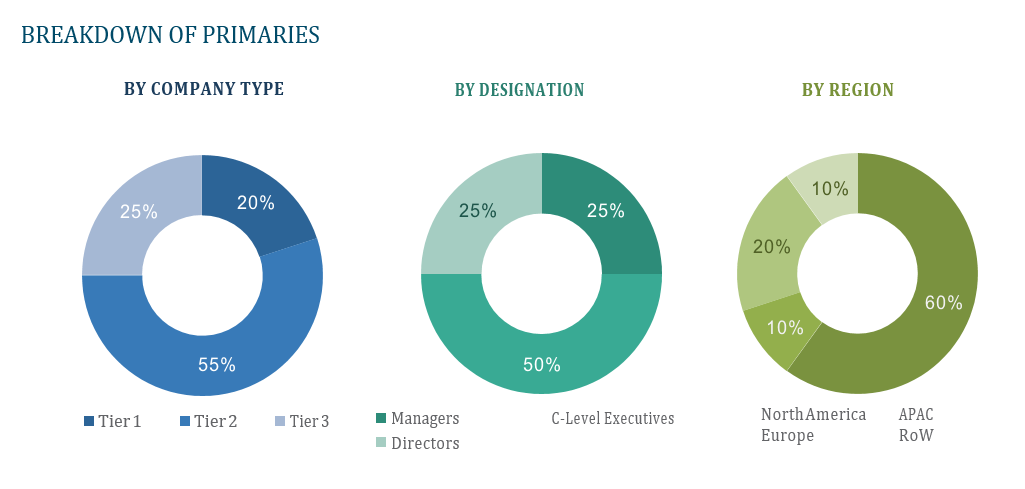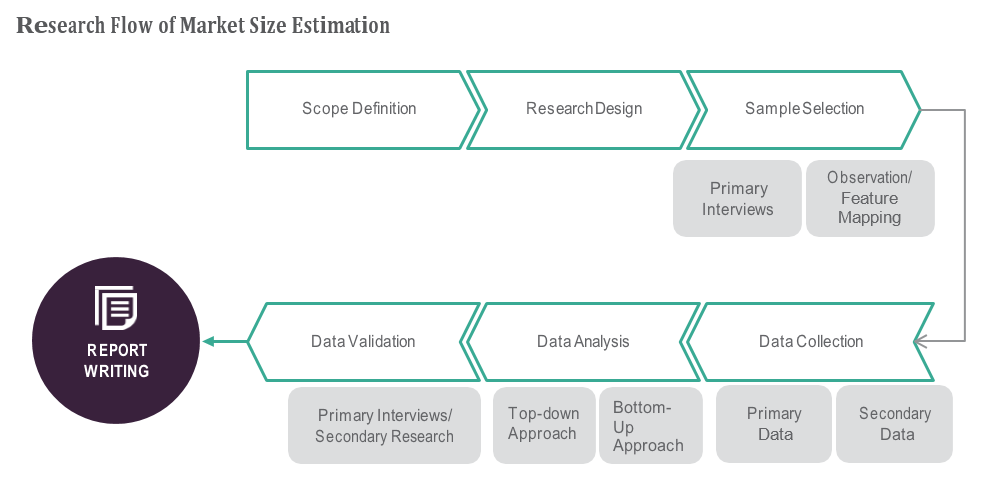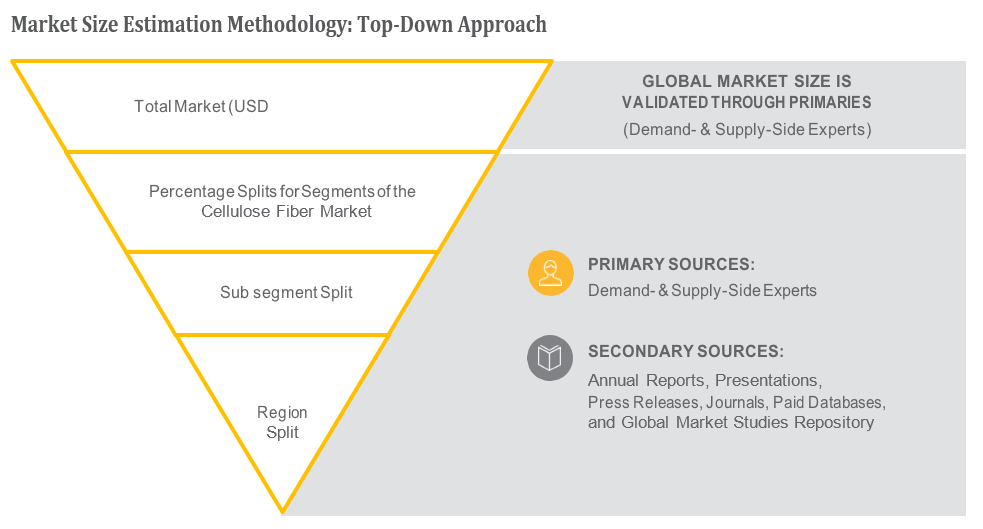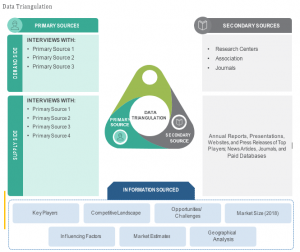OVERVIEW
The Building Thermal Insulation Market is projected to experience substantial growth with its market valuation anticipated to increase from USD 30.5 billion in 2024 to an estimated USD 45.3 billion by 2029, reflecting a compound annual growth rate (CAGR) of 8.2% during the forecast period. Building thermal insulation materials are crucial for enhancing energy efficiency, reducing heating and cooling costs, and improving indoor comfort. They are used in residential, commercial, and industrial buildings to minimize heat transfer and maintain desired indoor temperatures.
The market’s expansion is driven by the increasing emphasis on energy efficiency, the rising demand for sustainable construction practices, and stringent regulatory standards aimed at reducing carbon emissions. The growing adoption of green building standards and the development of advanced insulation materials further bolster market growth. However, challenges such as fluctuating raw material prices, high installation costs, and the need for skilled labor must be addressed to sustain market momentum.
Geographically, the North America and Europe regions dominate the building thermal insulation market due to their well-established construction industries, significant investments in energy-efficient buildings, and stringent regulatory frameworks. The Asia Pacific region is also experiencing rapid growth driven by urbanization, infrastructure development, and a growing focus on energy efficiency. However, the market faces challenges such as regulatory compliance, environmental sustainability, and the need for ongoing innovation to enhance performance and reduce costs.
Table of Content
Market Dynamics
Drivers:
The growth of the building thermal insulation market is primarily driven by the increasing demand for energy-efficient solutions in the construction industry. As governments and regulatory bodies worldwide implement stringent energy efficiency standards and building codes, there is a growing emphasis on the use of advanced insulation materials to reduce energy consumption and carbon emissions. Building thermal insulation plays a crucial role in minimizing heat transfer, thereby reducing the need for heating and cooling and enhancing overall energy efficiency. This not only helps in reducing utility bills but also contributes to environmental sustainability by lowering greenhouse gas emissions.
Advancements in insulation material technology are also significant drivers of market growth. Innovations in material science, such as the development of high-performance insulation materials like aerogels, vacuum insulation panels (VIPs), and phase change materials (PCMs), are enhancing the thermal properties and applications of building insulation. For instance, aerogels, known for their exceptional thermal insulation properties and lightweight nature, are increasingly used in high-performance building applications. Additionally, the integration of smart insulation materials with embedded sensors and connectivity features is enabling real-time monitoring and optimization of thermal performance, driving the demand for advanced insulation solutions.
The growing emphasis on sustainable construction practices is another key driver for the market. With increasing awareness of environmental issues and the need for sustainable development, builders and architects are adopting green building standards such as LEED (Leadership in Energy and Environmental Design) and BREEAM (Building Research Establishment Environmental Assessment Method). Building thermal insulation is a critical component of green buildings, contributing to energy efficiency, indoor air quality, and occupant comfort. The use of eco-friendly insulation materials, such as those made from recycled or renewable resources, is particularly popular in green building projects, driven by the desire to minimize environmental impact and achieve sustainability goals.
Key Opportunities :
The building thermal insulation market presents numerous opportunities for growth and innovation, particularly in the development of advanced materials and sustainable insulation solutions. The increasing focus on environmental sustainability and the need to reduce carbon footprints are driving research and development efforts towards eco-friendly insulation materials. The development and commercialization of bio-based insulation materials, recycled insulation products, and low-impact manufacturing processes present significant growth opportunities. These sustainable alternatives offer comparable performance to traditional insulation materials while minimizing environmental impact, making them attractive options for the construction industry.
The expansion of the building thermal insulation market into emerging economies offers significant growth potential. Rapid urbanization, industrialization, and increasing disposable incomes in countries such as China, India, Brazil, and South Africa are driving the demand for energy-efficient buildings. The rising consumer awareness of energy efficiency and sustainability, coupled with the preference for advanced building materials in these regions, is also contributing to the growth of the market. Manufacturers have the opportunity to tap into these growing markets by offering cost-effective, high-performance insulation materials that meet the specific needs and regulatory requirements of emerging economies.
The increasing focus on digitalization and automation in construction processes offers promising prospects for the building thermal insulation market. The adoption of advanced construction techniques such as prefabrication, modular construction, and 3D printing is driving the demand for insulation materials with precise application properties and enhanced performance characteristics. The development of smart insulation materials with sensors and connectivity features is also enabling real-time monitoring and optimization of thermal performance in buildings. The integration of digital technologies in insulation formulations and application processes is expected to enhance construction efficiency, reduce waste, and improve product quality, further driving market growth.
Restraints :
Regulatory bodies in various regions, particularly in Europe and North America, have established strict guidelines and standards for building energy efficiency and material use to ensure safety and environmental protection. Compliance with these regulations requires extensive testing, certification, and investment in sustainable practices, which can be time-consuming and costly. Any changes in regulatory policies or the introduction of new standards can create uncertainty and disrupt market dynamics.
High installation costs are another significant restraint. The installation of high-quality insulation materials involves complex processes that require specialized equipment and skilled labor. The cost of raw materials such as high-performance insulation products and advanced composites can also be high, impacting the overall installation cost. These factors can pose barriers to market entry for new players and limit the adoption of advanced insulation materials by cost-sensitive builders. Manufacturers must invest in research and development to create advanced formulations and production methods that reduce costs without compromising quality and performance.
Environmental concerns related to the production and disposal of insulation materials also present challenges for the market. The production of insulation materials involves energy-intensive processes that can generate waste and emissions, posing environmental and health risks. Additionally, the disposal of insulation materials at the end of their life cycle poses challenges related to waste management and recycling. The increasing regulatory scrutiny on the environmental impact of insulation production and the growing demand for sustainable products necessitate the development of more eco-friendly production practices. Manufacturers must invest in research and development to create advanced formulations and production methods that meet regulatory standards and address environmental concerns.
Regional Information:
• North America
North America remains a significant market for building thermal insulation, characterized by advanced technological innovation, a mature construction industry, and strong consumer demand for energy-efficient buildings. The region’s robust regulatory framework and increasing investments in green building projects drive market growth. However, competition from traditional materials and the need for skilled labor pose challenges, requiring continuous innovation and cost-reduction strategies.
• Europe
Europe leads in the adoption of sustainable and environmentally friendly construction practices, driven by stringent environmental regulations, strong governmental support, and high consumer awareness. The region’s commitment to reducing carbon emissions and enhancing building performance fuels the demand for advanced insulation materials. However, economic uncertainties and the need for technological advancements necessitate strategic planning and risk management to navigate the market landscape effectively.
• Asia Pacific
The Asia Pacific region is expected to witness the highest growth rate in the building thermal insulation market due to rapid urbanization, significant investments in construction, and a growing consumer market. Countries like China, India, and Japan are investing heavily in advanced material technologies and infrastructure, driving the demand for high-performance insulation materials. However, challenges related to regulatory compliance, high installation costs, and the need for skilled labor necessitate localized strategies and market insights for successful market penetration.
Recent Developments:
• In February 2022, Kingspan Group PLC completed its acquisition of THU PERFIL SL, the Valencian firm specializing in metal ceiling profiles.
• In January 2022, Knauf Gips KG expanded its business by setting up a new Glass Mineral Wool thermal insulation plant in Central Romania. The expansion will bring Knauf Gips KG solutions closer to customers in rapidly growing markets of Romania, Eastern Europe, & CIS
Key Market Players:
Saint-Gobain S.A., BASF SE, Kingspan Group plc, Owens Corning, and Rockwool International A/S.
Frequently Asked Questions
1) What is the projected market value of the Building Thermal Insulation Market?
– The Building Thermal Insulation Market is expected to reach an estimated value of USD 45.3 billion in revenue by 2029.
2) What is the estimated CAGR of the Building Thermal Insulation Market over the 2024 to 2029 forecast period?
– The CAGR is estimated to be 8.2 % for the Building Thermal Insulation Market over the 2024 to 2029.
3) Who are the key players in the Building Thermal Insulation Market?
– Saint-Gobain S.A., BASF SE, Kingspan Group plc, Owens Corning, and Rockwool International A/S.
1) What are the drivers for the Building Thermal Insulation Market?
– The primary drivers for the Building Thermal Insulation Market include the increasing demand for energy-efficient solutions, advancements in insulation material technology, and the growing emphasis on sustainable construction practices. Building thermal insulation plays a crucial role in reducing energy consumption and carbon emissions, enhancing indoor comfort, and supporting environmental sustainability. The rising adoption of green building standards and the development of innovative insulation materials further drive market growth.
2) What are the restraints and challenges in the Building Thermal Insulation Market?
– The Building Thermal Insulation Market faces several challenges, including high installation costs, regulatory compliance, and environmental concerns. The installation of high-quality insulation materials involves complex processes and specialized equipment, leading to higher costs. Regulatory bodies have established strict guidelines for material use and energy efficiency, requiring extensive testing and certification. Environmental concerns related to the production and disposal of insulation materials also necessitate the development of eco-friendly practices. Overcoming these challenges through continuous innovation and investment in sustainable solutions is crucial for the market’s growth.
3) What are the key applications and offerings of the Building Thermal Insulation Market?
– Building thermal insulation is widely used in residential, commercial, and industrial buildings to enhance energy efficiency, reduce heating and cooling costs, and improve indoor comfort. Key applications include wall insulation, roof insulation, and floor insulation, providing thermal resistance and minimizing heat transfer. The development of advanced insulation materials, such as aerogels and vacuum insulation panels, further enhances the performance and sustainability of building thermal insulation. The adoption of smart insulation materials with real-time monitoring capabilities is also driving advancements in building technology.
4) Which region is expected to drive the market for the forecast period?
– Asia Pacific is expected to have the highest market growth from 2024 to 2029
Why Choose Us?
Insights into Market Trends: Global Market Studies reports provide valuable insights into market trends, including market size, segmentation, growth drivers, and market dynamics. This information helps clients make strategic decisions, such as product development, market positioning, and marketing strategies.
Competitor Analysis: Our reports provide detailed information about competitors, including their market share, product offerings, pricing, and competitive strategies. This data can be used to inform competitive strategies and to identify opportunities for growth and expansion.
Industry Forecasts: Our reports provide industry forecasts, which will inform your business strategies, such as investment decisions, production planning, and workforce planning. These forecasts can help you to prepare for future trends and to take advantage of growth opportunities.
Access to Industry Experts: Our solutions include contributions from industry experts, including analysts, consultants, and subject matter experts. This access to expert insights can be valuable for you to understand the market.
Time and Cost Savings: Our team at Global Market Studies can save you time and reduce the cost of conducting market research by providing comprehensive and up-to-date information in a single report, avoiding the need for additional market research efforts.










